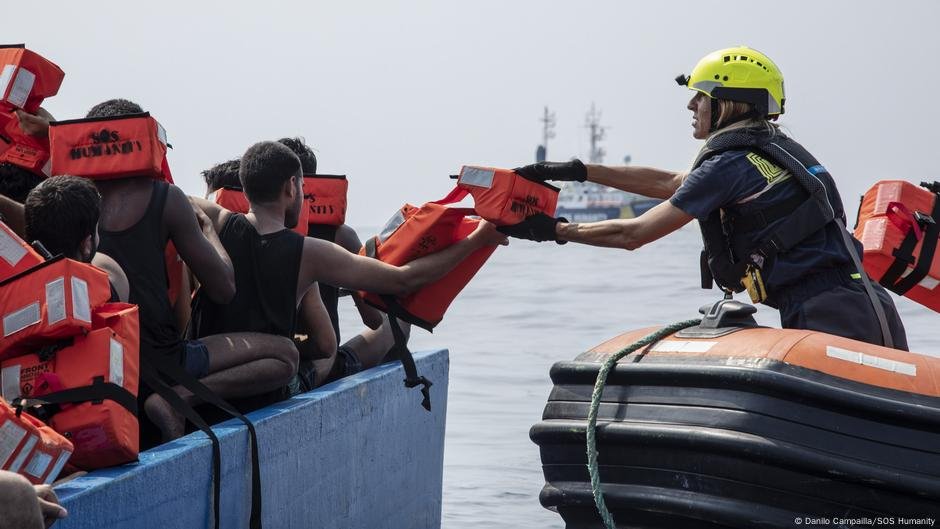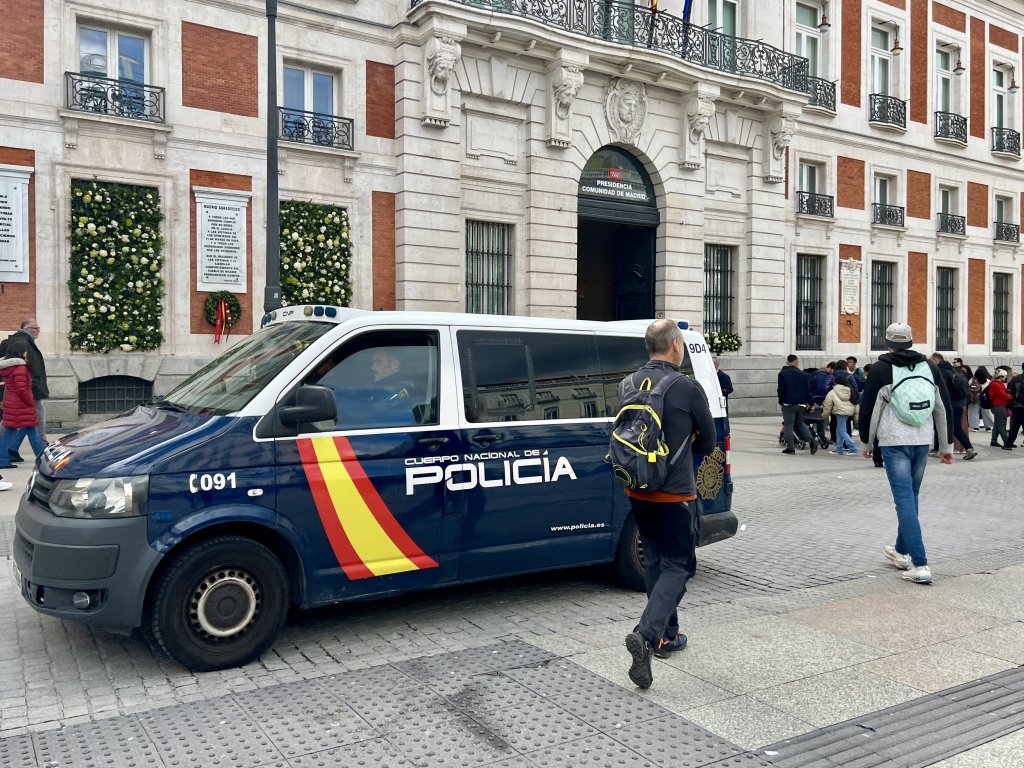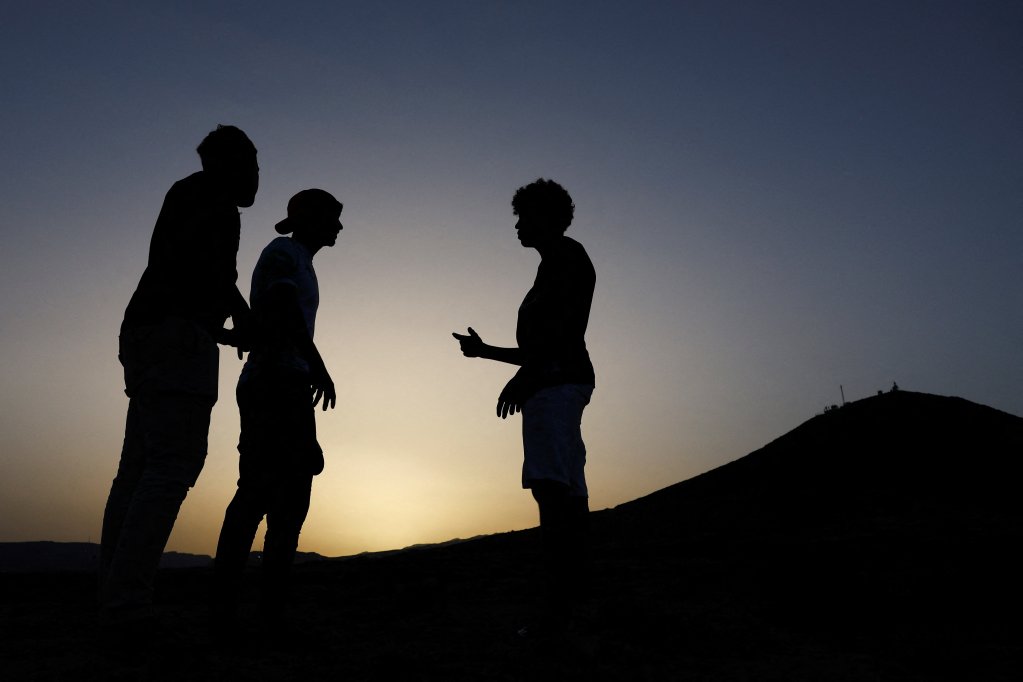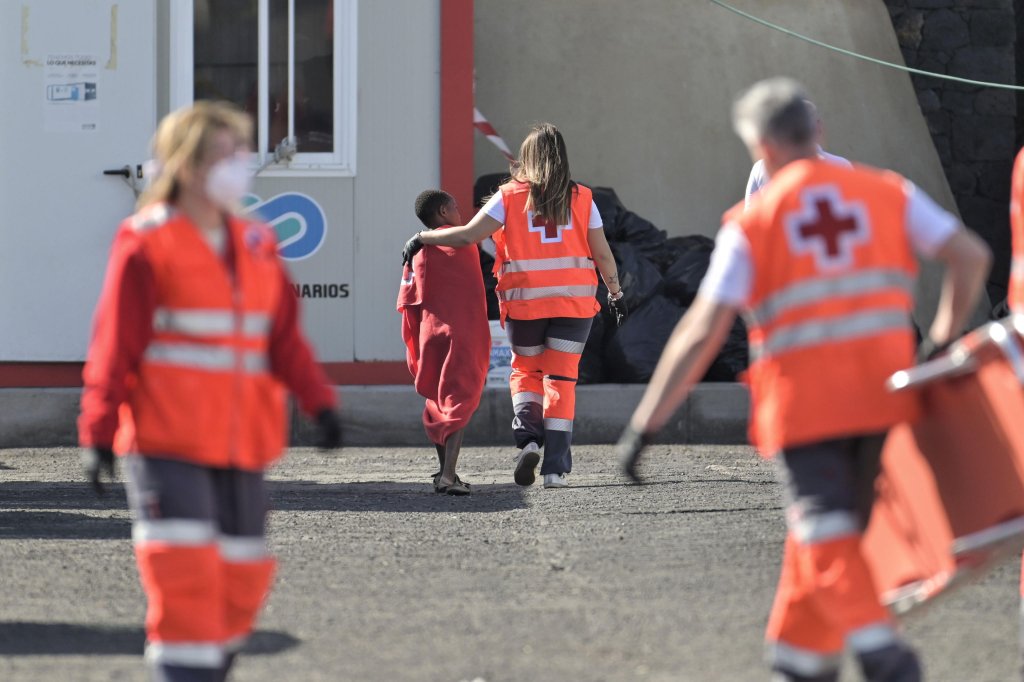After violent incidents in Madrid and growing political divisions, UNHCR urges Spain to protect, not punish, unaccompanied migrant children.
The United Nations Refugee Agency (UNHCR) has urged Spain to avoid language and policies that stigmatize or criminalize unaccompanied migrant children, calling for empathy, protection, and respect for their fundamental rights amid growing political tension over migration.
In a recent statement, UNHCR stressed that protecting these children is not only an international obligation, but also "a shared responsibility and an investment in the future of our societies." The agency added that acting "with responsibility and empathy today is sowing the seeds of a fairer, more inclusive, and more compassionate future for all."
Read Also30 arrested in Spain over 'fraud involving migrant minors'
Thousands of minors seek asylum in Spain
According to UNHCR data, a significant number of unaccompanied minors arriving in Spain have fled armed conflict, persecution, and violence in countries such as Mali and others across West Africa.
In the Canary Islands, one of Spain’s primary entry points, 1,500 children have applied for asylum since August 2023, with 70 percent coming from Mali. About 9 percent are girls, and 22 percent are under the age of 16. So far, 65 percent of the roughly 700 resolved cases have been granted protection -- a figure that rises to 80 percent among girls, reflecting the gender-based persecution many face, including forced marriage and female genital mutilation.
UNHCR also noted that some minors identify as LGBTQ+, facing discrimination and lack of legal protection in their home countries -- conditions that can have "profound and irreversible consequences" for their development.

Many of the children originate from the central Sahel region, where violence, instability, and climate crises have displaced more than four million people. The worsening security situation has forced increasing numbers of children to embark on dangerous routes to Europe in search of safety.
UNHCR is working with Spanish authorities to improve the identification, protection, and care of these minors, including through professional training and case-by-case assessments based on each child’s best interests.
Read Also'Everyone wants a better life, and above all, safety': A young Malian tells of his journey to Spain
Rising political tensions after assault in Madrid
The call for compassion comes amid heightened tensions in Madrid, where violent incidents at a migrant reception center have sparked a fierce national debate.
At the end of August, two hooded assailants attacked minors at a first reception center in the Hortaleza neighborhood, injuring a child. The assault followed the arrest of a young Moroccan migrant accused of raping a 14-year-old girl nearby -- a case that has fueled anti-migrant rhetoric and deepened political divisions.

The regional leader of Madrid, Isabel Díaz Ayuso of the conservative People’s Party (PP), called for the alleged perpetrator’s name to be added to a list of "maladapted" minors considered for repatriation, arguing the issue was one of public safety and migration control. Her comments were sharply criticized by Spain’s central government, which accused her of exploiting the case to advance an anti-migrant agenda.
Meanwhile, far-right groups, including the far-right Vox party, have organized protests outside the center, framing the assault as evidence of a "migration invasion." Vox leader Santiago Abascal described the events as "the consequence of decades of open borders," while left-wing lawmakers warned that such rhetoric risked turning hate speech into hate crimes.
The attack on the center came just weeks after anti-migrant violence erupted in Murcia, where false claims spread on social media sparked clashes between locals and migrants. Prosecutors have since opened several investigations into hate speech and incitement to violence.
Read AlsoSpain: Asylum seekers attacked after rape allegations in Madrid
Overcrowding and political disputes
The accommodation of unaccompanied minors remains one of Spain’s most contentious migration issues. The Canary Islands currently host around 6,000 migrant children, straining local services. Plans to relocate several hundred minors to other Spanish regions have been met with legal challenges and political resistance, particularly from regional governments governed by the PP.

Spanish law generally prohibits the expulsion of unaccompanied minors unless family reunification or safe guardianship in the country of origin is guaranteed through bilateral agreements. Rights groups warn that repatriation should never be used as a political weapon.
"Under no circumstances can retribution be the motivation," said Lourdes Reyzábal, head of the Raíces Foundation, which supports migrant children in Spain. "No one must suffer collective punishment for recent events," Reyzábal was quoted as saying by El Pais in September.
Read Also'The Spanish exception,' between promoting labor migration and outsourcing border controls
A call for responsibility and humanity
Amid the escalating rhetoric, UNHCR’s representative in Spain, Grainne O’Hara, reaffirmed the agency’s priority: to ensure that these children receive "the protection, support, and access to rights they could not find in their countries of origin."

The agency’s message stands in stark contrast to the increasingly polarized political climate. As O’Hara and her team continue to work with Spanish authorities, the UN body reiterates that safeguarding these young lives is not only a legal duty -- it is an ethical imperative and a measure of a society’s humanity.
Read AlsoHundreds of migrants rescued at sea while trying to reach Canary Islands, Mallorca
With EFE and UNHCR
